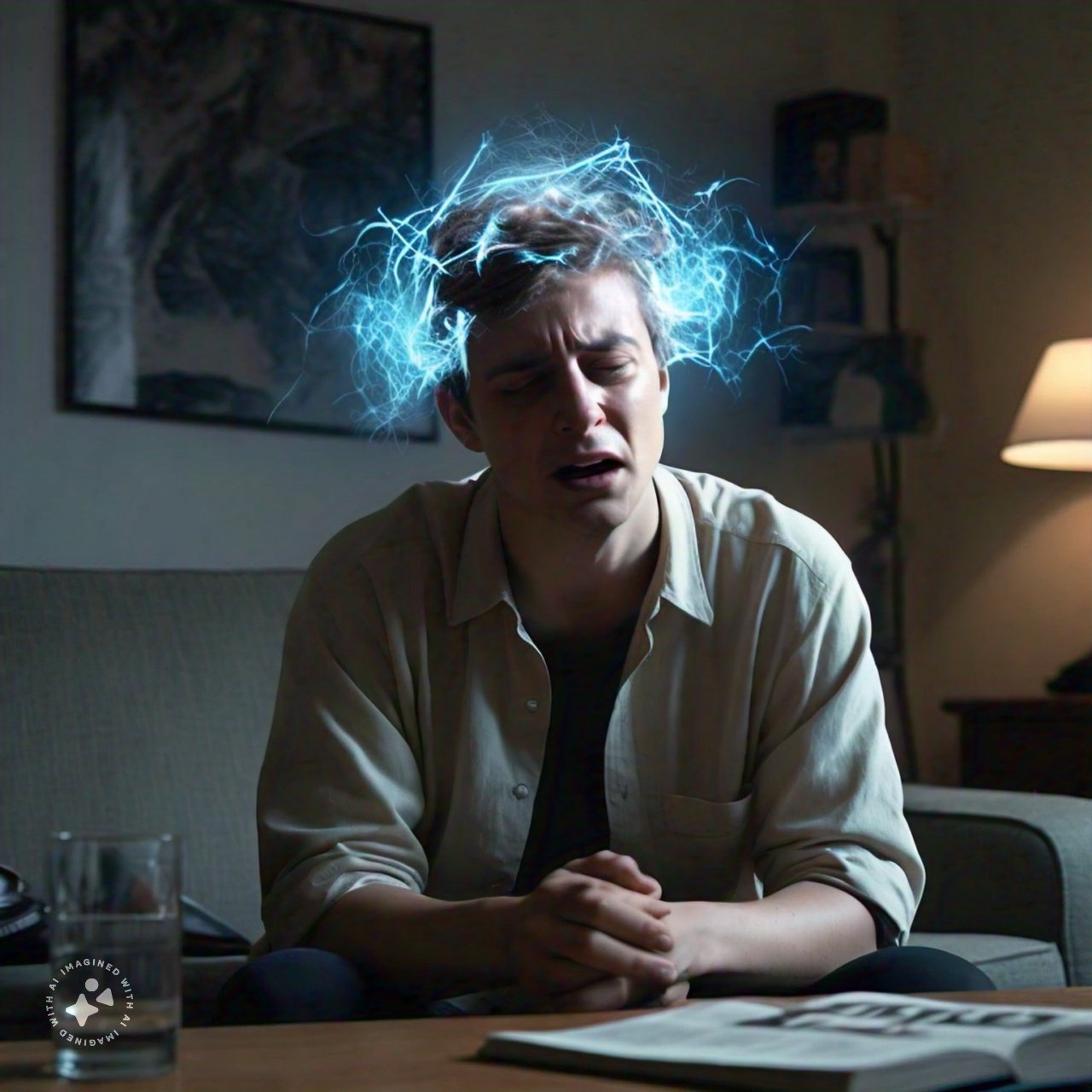Anxiety disorders, a group of mental health conditions, significantly disrupt daily life for millions worldwide. They manifest through excessive worry, nervousness, and fear, affecting individuals’ ability to function normally in social, work, and personal settings. To combat these disorders, several treatment options have emerged, with medication standing out as a primary choice for many. Among the myriad of medications, buspirone and benzodiazepines rank as popular choices due to their effectiveness in managing symptoms of anxiety. While both options aim to alleviate anxiety, they do so through different mechanisms and with varying implications for the patient.
This blog post will delve into a comparative analysis of buspirone and benzodiazepines, shedding light on their unique attributes, benefits, and potential drawbacks. Through this exploration, we aim to equip readers with the knowledge to make informed decisions about their anxiety treatment options.
Understanding Anxiety and Its Treatments
Anxiety often presents as a pervasive feeling of worry, fear, and nervousness, significantly affecting an individual’s daily activities and quality of life. It can manifest in various symptoms, including restlessness, increased heart rate, difficulty concentrating, and insomnia. Healthcare professionals may consider medication as a viable treatment option when these symptoms become overwhelming and interfere with day-to-day functioning.
Several types of medications aim to provide relief from anxiety. These include selective serotonin reuptake inhibitors (SSRIs), serotonin-norepinephrine reuptake inhibitors (SNRIs), and more immediate-acting drugs like buspirone and benzodiazepines. Each class of medication targets anxiety differently, catering to various needs and symptom profiles.
The Role of Buspirone and Benzodiazepines in Anxiety Management
Buspirone and benzodiazepines tackle anxiety by modulating the brain’s neurotransmitter activity, albeit through distinct pathways. Buspirone primarily interacts with serotonin receptors, promoting a calming effect without the sedative qualities often associated with benzodiazepines. This makes buspirone a preferred option for long-term management of anxiety without the risk of dependence.

In contrast, benzodiazepines enhance the efficiency of gamma-aminobutyric acid (GABA), a neurotransmitter that inhibits brain activity, leading to immediate relaxation and reduced anxiety symptoms. However, this rapid relief comes with a higher risk of dependency and withdrawal symptoms, making benzodiazepines a less desirable choice for long-term use. Understanding these key differences is crucial for individuals and healthcare providers to make informed decisions about anxiety management strategies.
Diving Deep into Buspirone
Buspirone stands out as a unique medication specifically targeting anxiety symptoms without the sedative effects common to other anxiety treatments. It functions by modulating serotonin receptors in the brain, a key neurotransmitter involved in mood regulation. This mechanism of action contributes to a reduction in anxiety levels, making buspirone particularly useful for individuals seeking a non-sedative option for anxiety management. Primarily, healthcare professionals prescribe buspirone for generalized anxiety disorder (GAD), offering a viable alternative to those who may not respond well to other medications.

Advantages of Buspirone Over Benzodiazepines
One of the key advantages of buspirone over benzodiazepines lies in its slower onset of action, which, while requiring a bit more patience, results in fewer side effects and a significantly lower risk of dependency. This makes buspirone an attractive choice for long-term management of chronic anxiety conditions.
Unlike benzodiazepines, which can lead to tolerance and dependence, buspirone allows patients to maintain a stable treatment regimen without the need for escalating doses. Additionally, buspirone’s minimal side effects ensure that patients can manage their anxiety without the burden of sedation or impairment of daily activities. For those with chronic anxiety, the long-term benefits of buspirone provide a sustainable and effective treatment pathway, enhancing quality of life and reducing anxiety’s impact on daily functioning.
Benzodiazepines: A Closer Look
Benzodiazepines quickly relieve anxiety symptoms by enhancing the effect of gamma-aminobutyric acid (GABA), a neurotransmitter that dampens activity in the brain. This action not only reduces anxiety but also aids in sleep, making benzodiazepines a common prescription for acute anxiety episodes and sleep disorders. Due to their fast-acting nature, doctors often prescribe them for short-term management of severe anxiety and panic attacks, offering rapid relief in situations where waiting for a medication like buspirone to take effect isn’t practical.
Risks and Considerations for Benzodiazepine Use
Despite their effectiveness, benzodiazepines carry a high risk of dependency and withdrawal symptoms, making them less suitable for long-term use. Patients can develop a tolerance, necessitating higher doses to achieve the same therapeutic effect, which can lead to physical and psychological dependence. Withdrawal symptoms, including anxiety, insomnia, and in severe cases, seizures, can occur if the medication is abruptly stopped.
However, there are situations where the benefits of benzodiazepines may outweigh these risks. In cases of acute anxiety attacks or when rapid symptom relief is crucial, benzodiazepines can provide the necessary immediate assistance. Additionally, for individuals who cannot tolerate the side effects of buspirone or for whom buspirone is ineffective, benzodiazepines offer an alternative, albeit with careful monitoring and under strict medical guidance to minimize dependency risks.
Lumina Psychiatry: A Beacon of Hope

Lumina Psychiatry stands as a beacon of hope for those battling anxiety, offering innovative and personalized treatment plans. With a deep understanding of the complexities of anxiety disorders, Lumina Psychiatry adopts a multifaceted approach to treatment. This includes not only the strategic use of medications like buspirone and benzodiazepines but also a strong emphasis on therapy and holistic practices.
By addressing the challenges of medication management head-on, Lumina ensures that patients receive the most effective and least invasive treatment regimen possible. The cornerstone of their success lies in crafting personalized care plans that consider the individual’s unique needs, lifestyle, and symptoms. This personalized approach ensures that every patient can navigate their journey towards recovery with the right blend of medication, therapy, and support, highlighting Lumina Psychiatry’s role in transforming the landscape of anxiety treatment.
Conclusion
This blog has explored the nuanced roles of buspirone and benzodiazepines in managing anxiety, highlighting their mechanisms, benefits, and potential risks. Understanding these medications’ differences is crucial for making informed decisions about anxiety treatment. The importance of personalized care cannot be overstated, as it ensures that treatment plans align with individual needs and health goals. We strongly encourage those dealing with anxiety to consult healthcare providers, such as the experts at Lumina Psychiatry, to discuss personalized treatment options. Taking this step can significantly improve the quality of life and provide a path toward effective and sustainable anxiety management.




